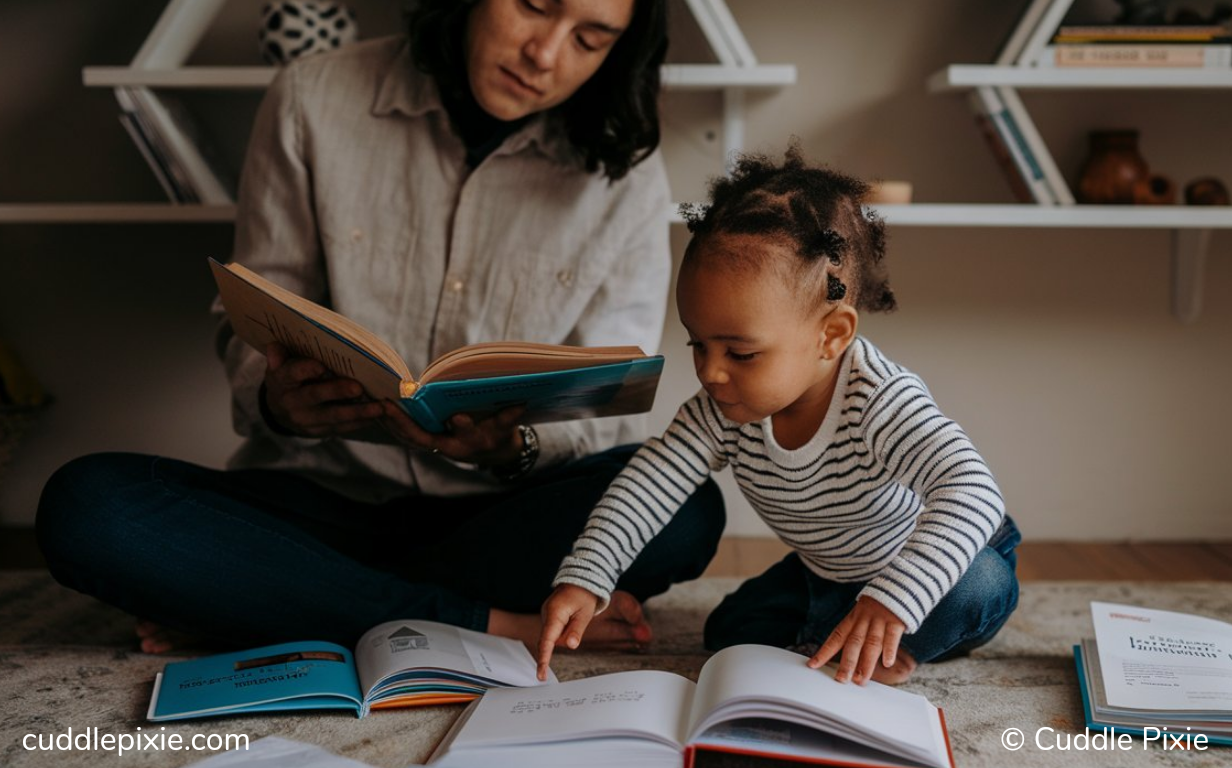Parenting is one of those journeys where no amount of preparation can fully prepare you for the real deal. As a certified parenting coach, I’ve spent years studying child development, reading countless parenting books, and offering advice to others. But the truth is, no piece of parenting advice, no matter how well-researched, has ever been as effective as the lessons I’ve learned from my own child. Parenting advice often fails because it assumes children are one-size-fits-all, but as any parent knows, that’s far from the truth.
The world of parenting advice is overwhelming, and it’s easy to get caught up in the sea of expert opinions. There are books that promise the perfect sleep routine, blogs that swear by one method of discipline, and social media influencers who make it seem like they’ve cracked the parenting code. We, as parents, consume this information hoping that it will unlock some secret to raising our children perfectly. But what happens when the advice doesn’t work? When the sleep training fails, when the discipline methods lead to more meltdowns, and when nothing seems to calm your child?
I’ve been there. I’ve tried the expert recommendations only to be met with frustration. At some point, I realized that no amount of advice could teach me how to parent my child. That’s when I learned the most important lesson in parenting: my child is my greatest teacher.
Every child is different. That sounds obvious, but it’s a reality that a lot of parenting advice fails to account for. What works for one child won’t necessarily work for another. My son, for instance, had a completely different sleep pattern than what all the experts said he should. I followed the books religiously, trying various methods to get him to sleep on his own. But nothing worked, and both of us were exhausted.
Finally, I let go of the need to follow the advice to the letter and instead listened to what my son was telling me. He needed comfort and reassurance, not rigid training. Once I responded to his cues, things got better—not overnight, but gradually, as we found a rhythm that worked for him.
Children teach us a great deal about adaptability. If there’s one thing I’ve learned, it’s that flexibility is the key to parenting. Trying to stick to a rigid plan, no matter how well-researched, often leads to frustration. When I began to adjust my approach based on my son’s needs, rather than expecting him to fit into a pre-determined mold, parenting became less stressful.
It was about responding to his signals, not following a universal strategy. In fact, studies have shown that children thrive when parents are flexible and attentive to their unique temperaments. This flexibility builds a stronger, more responsive bond, helping children develop emotional resilience.
That’s another thing my child taught me: patience. Parenting is an exercise in patience and trial and error. We like to think we’ll get things right the first time because we’ve done our homework, but often we don’t. I remember how many times I tried different approaches to tantrums, expecting a quick fix. The advice told me to try timeouts or distraction, but none of that worked for my son. It wasn’t until I stopped trying to apply cookie-cutter solutions and started tuning into what was really going on with him emotionally that I found a way to calm him down. It was less about controlling the tantrum and more about helping him navigate his feelings.
This taught me another powerful lesson: children know what they need, even if they can’t express it in words. It’s our job as parents to be observant and open to learning from them. We often think that because we’re adults, we know best. But that’s not always the case. Sometimes our children’s behavior is telling us more than we realize, and it’s up to us to listen. I started paying more attention to my son’s cues—whether he was tired, hungry, or overstimulated—and adjusted my parenting accordingly. This made a world of difference, not only in our daily routines but in our overall relationship.
Of course, this doesn’t mean parenting advice is useless. There are great resources out there that offer valuable insights. But they should serve as guides, not rulebooks. Parenting is personal. What works for one family might not work for another, and that’s okay. It’s about finding the balance between learning from others and trusting your instincts. As parents, we have an innate sense of what’s right for our children, and that should never be overshadowed by external advice.
One of the biggest challenges I faced was letting go of the guilt that came with deviating from what the “experts” said. There’s a certain pressure to do things “by the book,” but once I realized that my child didn’t fit into the mold that the book described, I felt empowered. My son wasn’t following the standard advice, but he was thriving in his own way. And that’s all that matters.
Parenting is a journey of learning, not just for the child, but for the parent as well. Every day, my son teaches me something new about how to be a better parent. From teaching me patience, flexibility, and how to really listen, to showing me that sometimes the best approach is the one that feels right in my heart, rather than what an expert prescribes. My child has taught me that parenting is less about getting it right all the time and more about being present and responsive.
At the end of the day, no amount of advice can fully prepare you for the unique adventure that is raising your child. When parenting advice fails, it’s not a reflection of your abilities as a parent—it’s simply a reminder that your child is an individual with their own needs. And sometimes, the best parenting lesson you’ll ever receive comes from the little one standing right in front of you.
